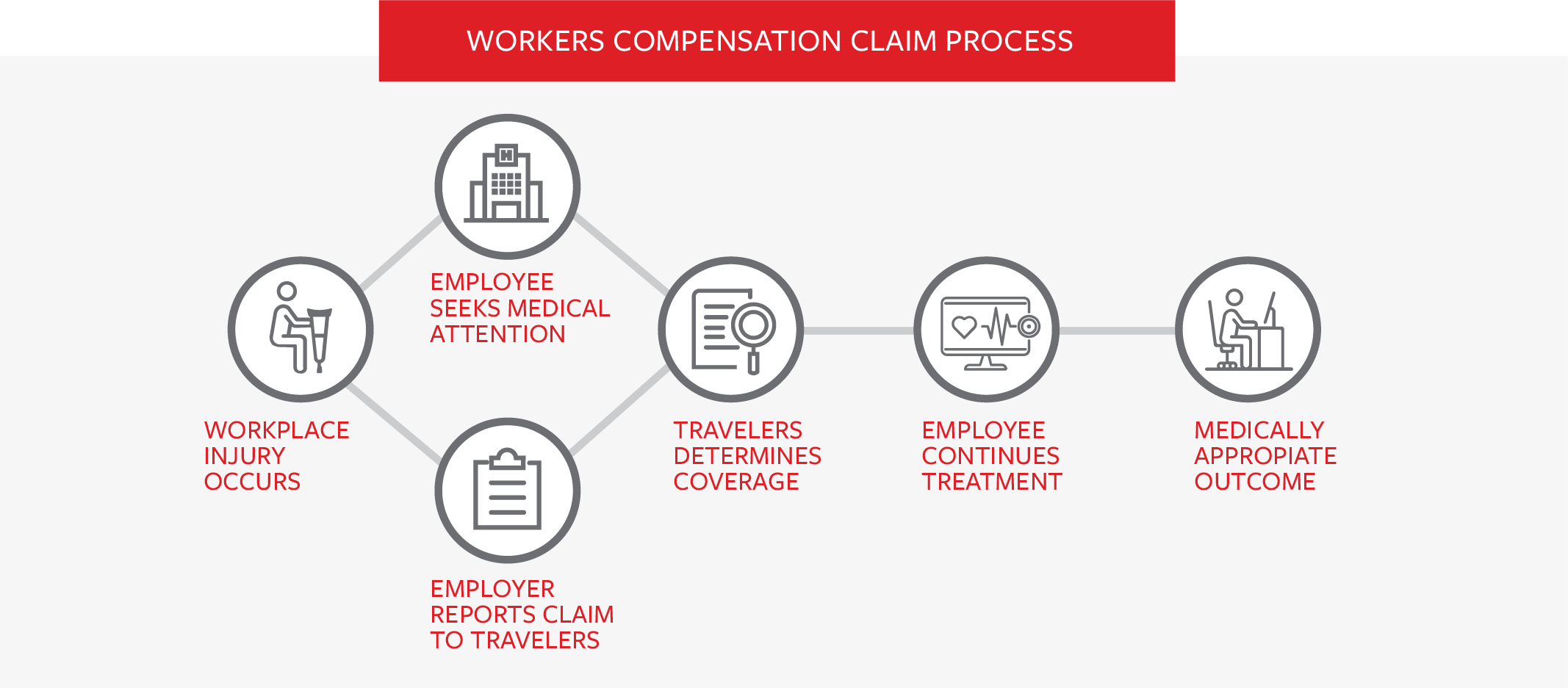Fola
Member
If you have been injured at work, it is likely that you will need to consider whether your employer has either general liability or workers compensation insurance. Depending on which one you decide to purchase, your health insurance premiums may go up and you may not be able to get the medical care that you need. On the other hand, without coverage you may have a difficult time recovering from your injuries. Therefore, it may make more financial sense for you to compare the pros and cons of both policies before making a final decision.

Workers' compensation is a special type of insurance that covers workers who are injured on the job. Although this type of coverage does not offer as much coverage as general liability and workers comp, there are several important differences between the two. Workers' compensation insurance will cover your medical bills and other related expenses while you recover from an injury. In addition, this type of coverage will pay for your lost wages as well as other things such as childcare and prosthetic equipment. This can make it extremely important for you to purchase this coverage if you have been injured on the job.
Generally, general liability and workers comp coverage are sold in two ways. Typically, your employer will purchase coverage from a company that sells both types of policies. Another way to purchase these policies is through an agent who will be listed on your employee's personal policy. Regardless of which method you choose to purchase these policies, the important thing to remember is that both types of coverage will provide coverage to your employees and dependent sub-contractors.
The premiums associated with workers' compensation are very low compared to the premiums associated with personal health insurance. Therefore, purchasing this type of insurance is very affordable for a business owner. However, there are many differences between this type of coverage and your standard personal policy. First, when an employee is injured on the job, the company is covered regardless of whether the employee was the direct cause or contributed to the injury. This means that even if the employer was sued for negligence after the fact, the employees and their dependents are covered by the company's liability insurance.
When you compare general liability vs. workers compensation insurance, you will see that when an employee is injured on the job, the benefits are often paid to the injured employee and his dependents. However, when an employee is injured off of the job, the benefits for injured employees and their dependents are only given to those individuals who were directly injured on the job site. For example, if a car is damaged while it is being repaired, the repair shop does not have liability coverage to cover the cost of the repairs. Therefore, the car's owner is going to be responsible for paying any medical expenses and lost wages.
Workers compensation insurance will pay medical expenses and lost wages. However, the company that offers this type of coverage is often required to take out other types of coverage to ensure that they are protected against a lawsuit that could be brought against them by an employee that was injured while on the job. In addition, the insurance company that offers this type of coverage may require that the injured employee take a pill that will prevent them from filing a lawsuit on their own. This pill is usually considered a medical device, and therefore, could be held liable for any medical expenses that occur while the pill is taking effect. When comparing liability insurance vs. Workers comp, it is best to note that the medical expenses and lost wages are often covered by the worker's compensation insurance, but not the general liability insurance.
Last edited by a moderator: